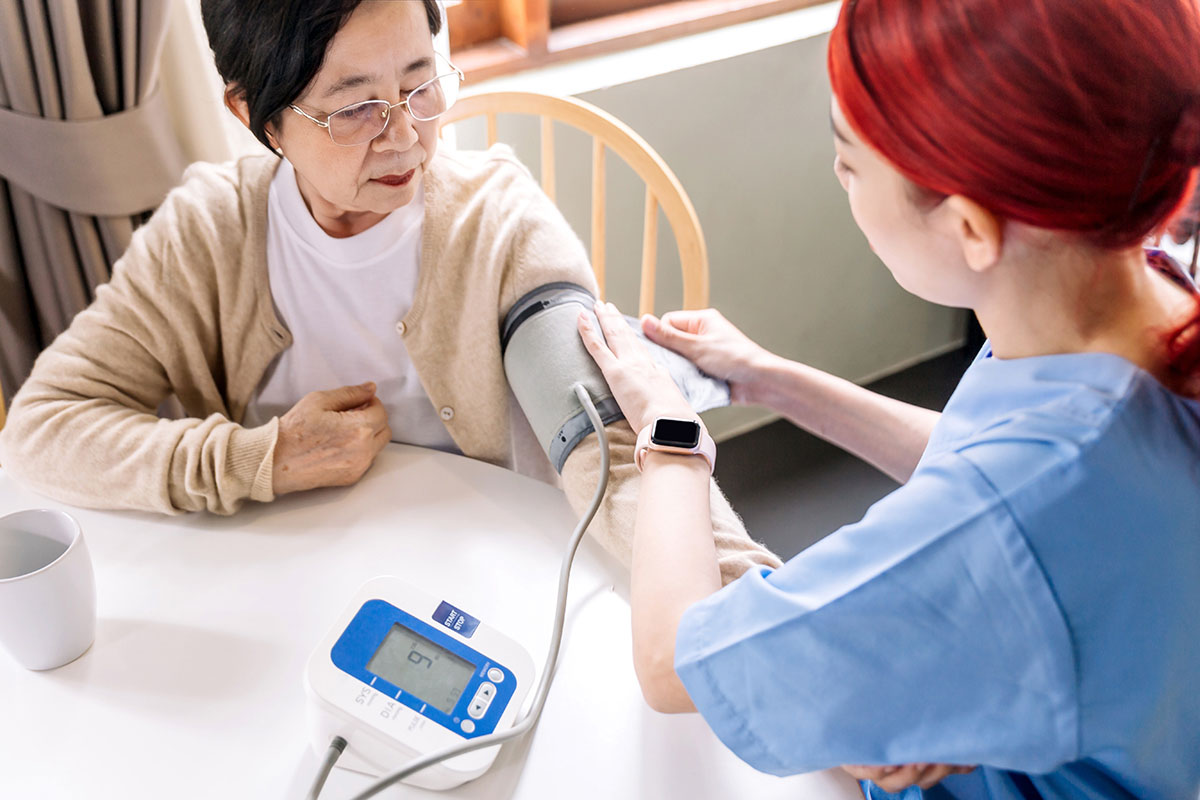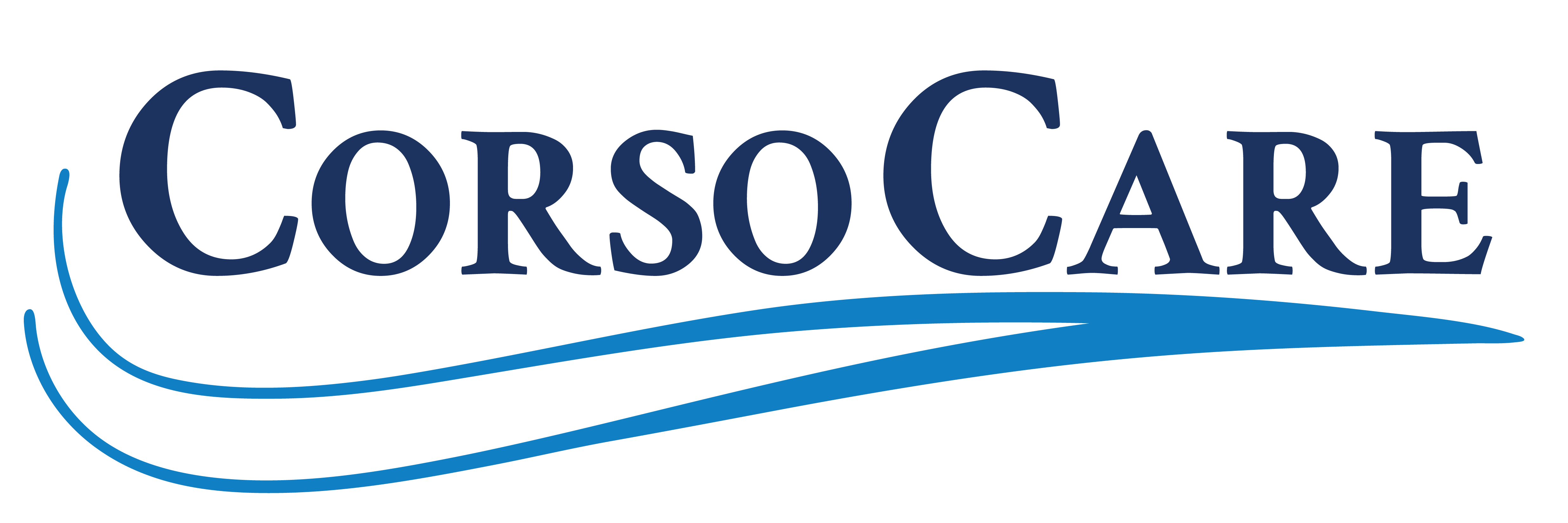
Stroke Prevention
Let me tell you something you already know: You definitely don’t want to have a stroke. Strokes mean a long, difficult recovery, a negative impact on your loved ones, and many more life-changing effects.
But there’s good news: 80% of strokes can be prevented. And there’s plenty you can do to avoid a stroke and all the terrible things that come with it.
Here are some easily implementable ways you can help lower your risk factors and decrease the chance of a stroke occurring:
- Lower Your Blood Pressure – High blood pressure is the leading cause of strokes, accounting for more than half of them. If it’s not managed well, high blood pressure can make a person 4-6 times more likely to have a stroke.
- Don’t Smoke – Using tobacco doubles the risk of a stroke. Smoking raises blood pressure and lowers the amount of oxygen in the blood. Stay away.
- Monitor Heart Health – An irregular heartbeat or atrial fibrillation (AFib) can lead to Ischaemic strokes. AFib causes blood to pool in the heart where it can clot, and if that clot travels to the brain, it can cause a stroke.
- Drink Responsibly – Too much alcohol can raise blood pressure. Drinking in moderation helps lower risks.
- Manage Your Diabetes – High blood sugar can make a person 2-4 times more likely to have a stroke. Therefore, people with diabetes need to check their blood sugar regularly and take medications as prescribed to lower the chances of a stroke.
- Exercise, Exercise, Exercise. – Keeping active lowers weight and blood pressure while supporting overall well-being — making it one of the best ways to prevent a stroke.
- Eat Healthily – Enjoy a diet consisting of whole, healthy foods such as fruits and vegetables. Avoid foods high in trans and saturated fats which can clog arteries, as well as salty and processed foods that can raise your blood pressure.
- Take Your Medications – Prescribed medicines that help control your cholesterol, blood pressure, or diabetes are crucial to reducing risk factors.
These preventative measures are even more critical for someone who has already had a stroke — a quarter of those who have had a stroke previously experienced one before.
